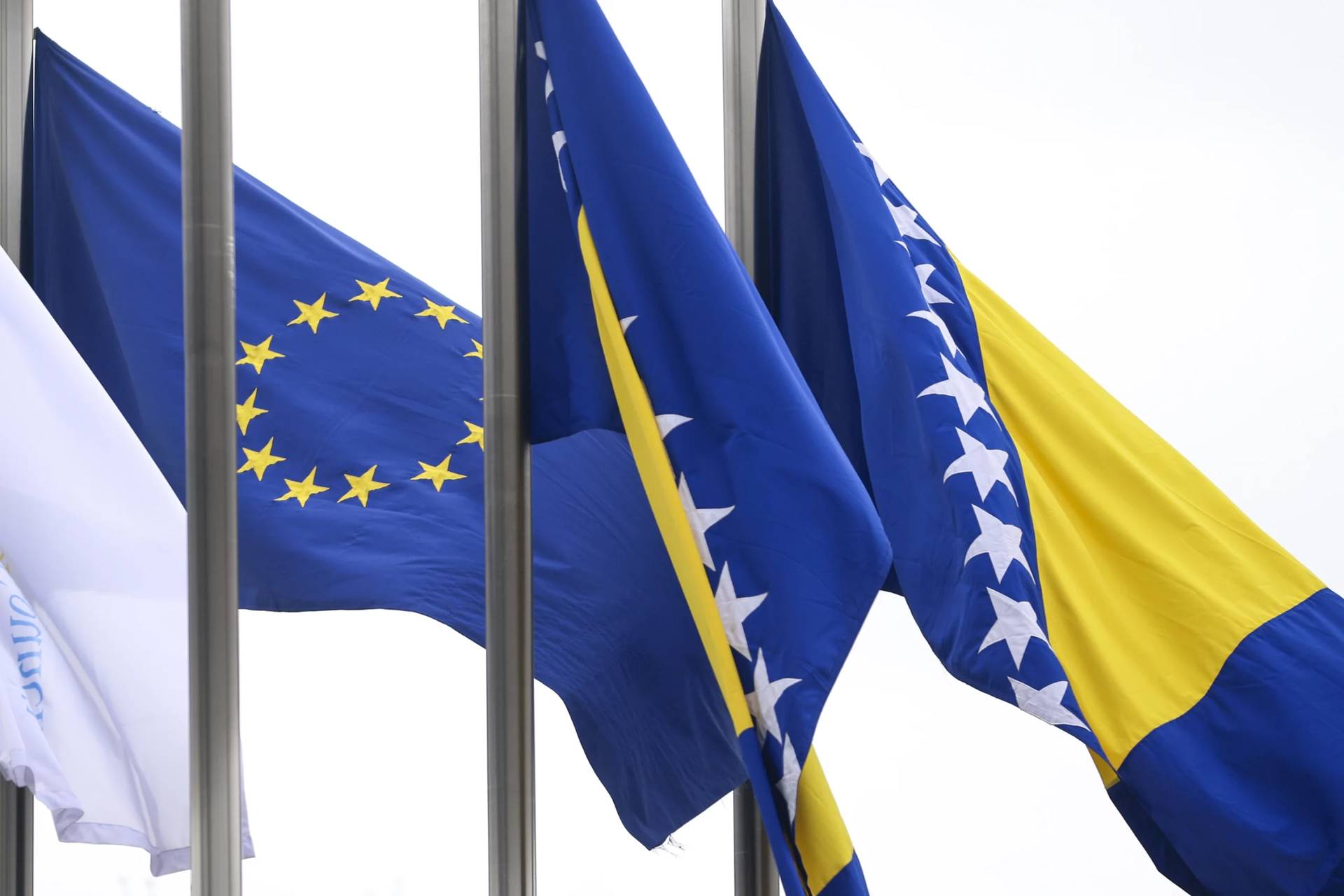It’s an interesting thing when a pope dies, even a pope emeritus. In many respects, they are beyond our daily affairs, and yet they are closely united to us as shepherds and spiritual fathers. When a Holy Father dies, it affects us in ways that might even surprise ourselves. This is particularly true when it is a pope who has influenced our thought, molded our discipleship, or inspired our spiritual life.
For many Catholic Christians, and people of goodwill, Pope Emeritus Benedict XVI was just such a figure and influence. He was one who spoke softly, but carried a big message. Many a person strained to hear him when he spoke, but they were willing to do it because of what he was saying.
As a pastor and teacher, Pope Benedict always sought to speak the truth in love. He was a man who cherished clarity and spoke and taught in a systematic way. He was willing to hold his ground on theological points when things were true and sound, just as he was willing to acknowledge weak points or areas in need of development in his own arguments. There was no hubris in his spirit.
Pope Benedict was a person completely dedicated to Jesus Christ. From his own experience under Nazi Germany, he held no illusions about political agendas, or social movements, or even inner church camps of thought. He submitted to truth wherever it could be found, just as he argued against falsity or lies wherever it was discovered. No group or school of thought could claim him for themselves.
And so, as much is being written and spoken about him, three points stand out:
1) The secret to Pope Benedict’s life as a disciple and priest of Jesus Christ was his deep love for the sacred liturgy. It was the place where he encountered God. It was the place where the professorial introvert could be with God in the midst of the Church. As the liturgy is the summit and source of the entire Christian way of life, so the same could be said about the life of Pope Benedict. The liturgy was his source, just as it was his summit. It was the beginning and the end of everything he did.
In the liturgy, we have orthodoxy, which is properly understood as “right praise,” namely good and true worship. It was only from right praise, that Benedict understood we could have right doctrine (which is the more popular understanding of the term orthodoxy). Benedict didn’t just skip to right doctrine. He understood the need to encounter God first, and only afterwards hear and speak about him.
In our world today, too many people claim an orthodoxy on one extreme or the other. They are too willing to pass over right praise. They want the absolute authority of God without God. As such, their doctrine is quickly adulterated and becomes ideology. Pope Benedict, as a priest and scholar, had very little time or patience for ideology. He saw its tyranny on the intellect and upon human life.
2) Since Benedict’s teachings flowed from his encounter from God, he was able to see the harmonious interaction between faith and reason. Of the many principal themes that can be seen in his writings, preaching, and teaching, the interconnectedness of faith and reason stand out. He was concerned about the rationalism, fideism, and fanaticism that occur when either faith or reason claim a sole competence to knowledge. Benedict saw both faith and reason as necessary for the human spirit to flourish. He realized that any discord between them needed to be reconciled if the contemporary world was to prosper in matters of the spirit.
3) With the dynamism between worship and doctrine, Pope Benedict saw the essential call to orthopraxy, namely, to right action. He modeled his entire pontifical teaching on the theological virtues of faith, hope, and love. He called all disciples to live virtuously and to faithfully follow the way of the Lord Jesus. This way of life summoned believers to care for the poor, sick, and abandoned. Benedict addressed this call and gave substantial teachings on the Church’s social doctrine.
These three simple points are highlighted from the life and legacy of Pope Emeritus Benedict XVI. So much more can be said of him and his witness in the life of the Church, but after a few points, the heart is moved to memories and to silent gratitude.
















